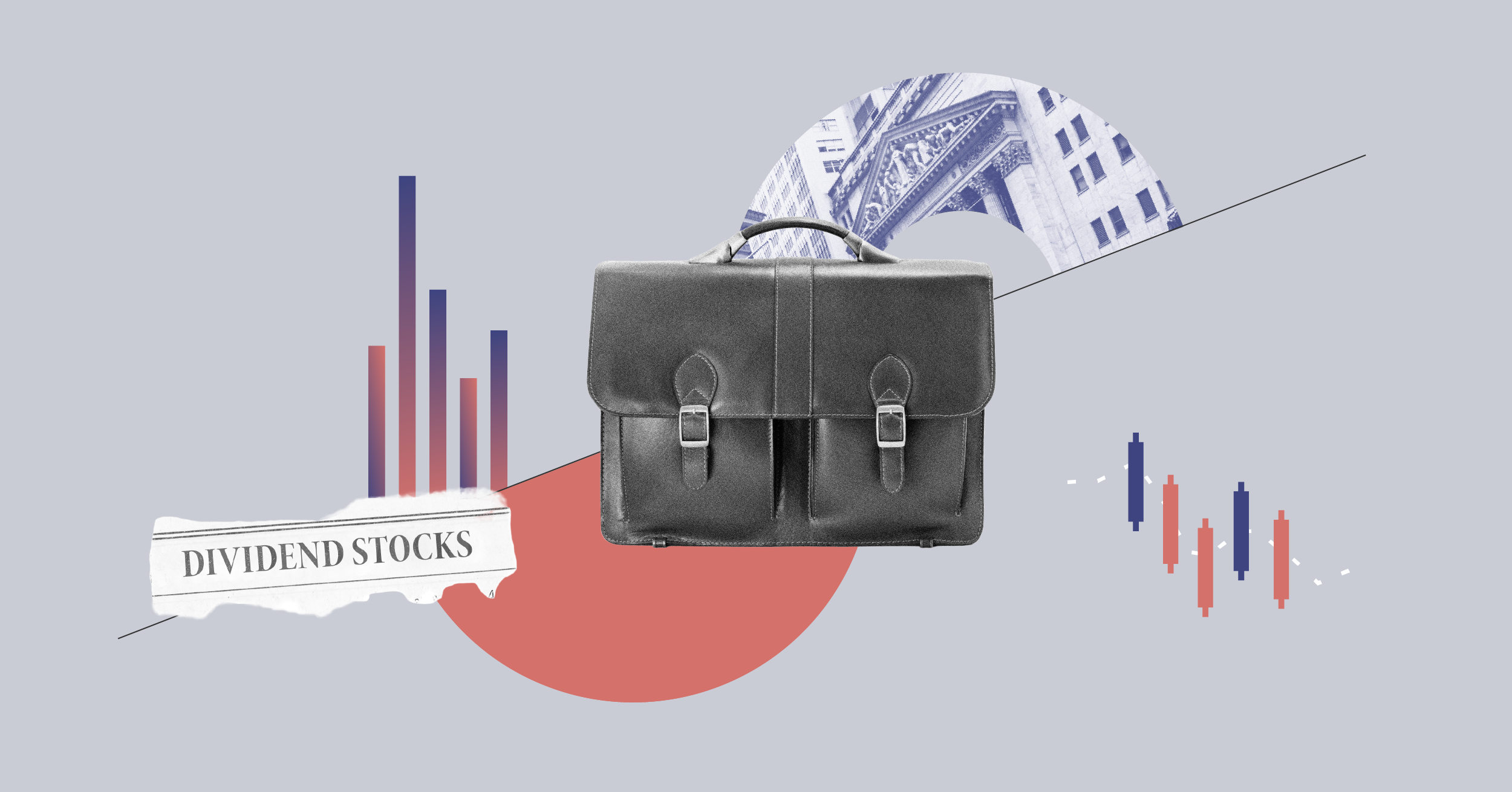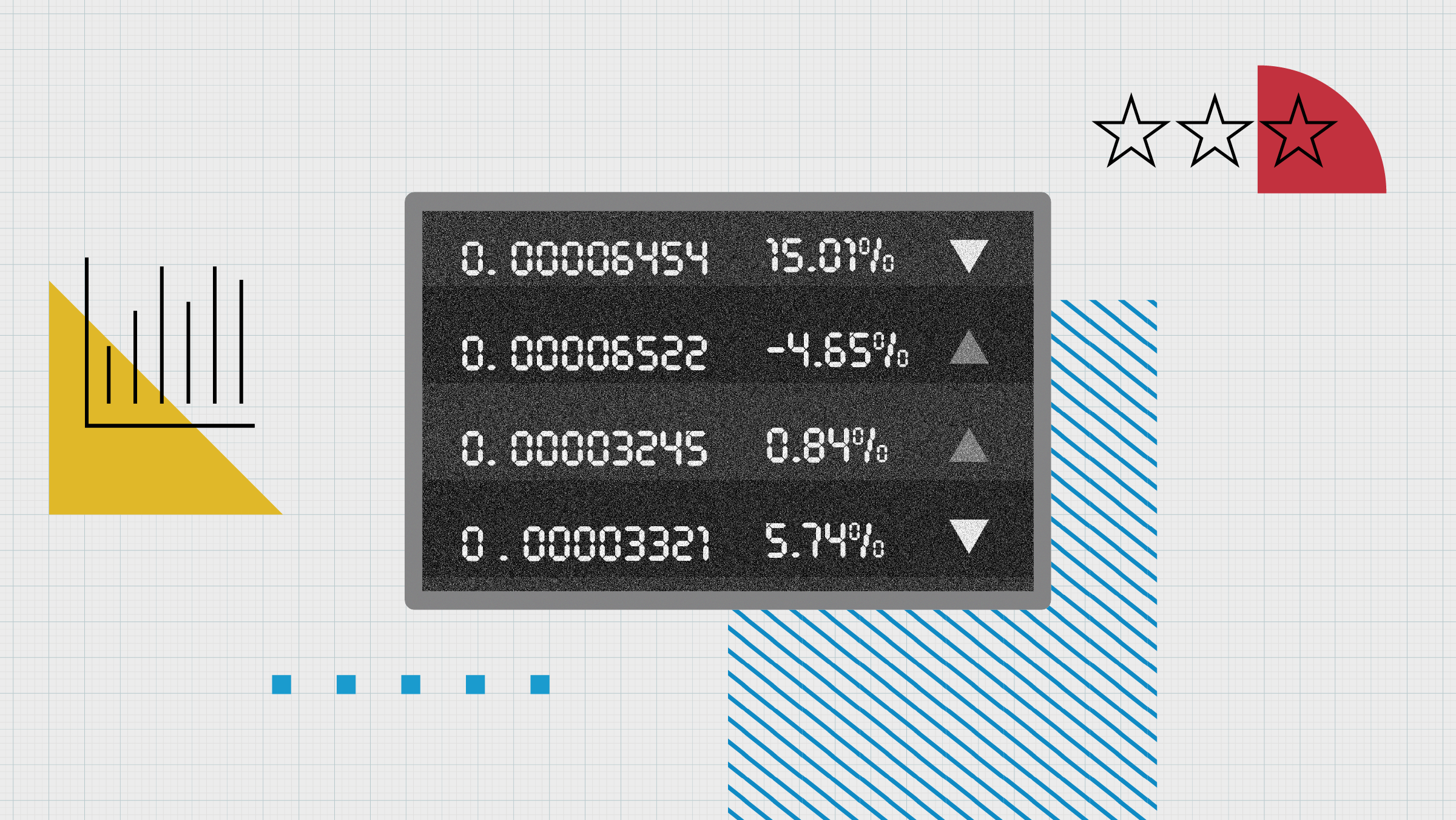Ryan Bushell says every stock in the $904-million IA Clarington Canadian Conservative Equitythat he co-manages is a dividend payer. Using a blend of value and growth criteria, the management team at Toronto-based Leon Frazer & Associates Inc. invests in companies they believe can generate sustainable earnings growth. By doing so, the companies can increase their dividends over time.
Currently the internal dividend yield on the fund is about 4.2%. "We're trying to get the clients a 6% to 8% total return," says Bushell, "and we're more than half-way there with the dividends."
Macroeconomic considerations play an important role in building the portfolio. Bushell says 40% to 60% of the holdings are invested in the "backbone of the economy," by which he means products and services that people use every day. That backbone will change over time, he says, but right now these core holdings consist mostly of banks, pipelines, utilities and telecommunications.
Bushell and co-manager Douglas Kee employ quantitative screens to identify companies that have historically been good dividend payers and that have good prospects to continue to be profitable, on the basis of criteria that include long-term growth potential and cash flow.
Currently, the managers see opportunities in the energy sector, which represents about 37% of the fund. Half of that energy weighting is invested in infrastructure, such as pipelines and energy-processing companies.
"We're hitting new records every quarter in terms of production," says Bushell. "The Canadian companies, especially TransCanada Corp. TRP, which have been stalwarts in the fund for a very long time, have unique cross-border ability to handle the flow and demands." As well, he considers energy infrastructure a "long runway business," a cash-flow producing business, and one that pays great dividends.
 |
|
 |
|
| Ryan Bushell | |
 |
|
 |
|
 |
The next biggest sector weight is financial services, currently representing about 22% of the fund. Major banks are among the top 10 holdings. According to Bushell, when you look at sustainable businesses that "you could own for 100 years, the banks would be chiefly among them."
When the Leon Frazer managers buy a company, they do so with the intention of holding it for the very long term, at least five to 10 years. The overall portfolio turnover is "typically very low, less than 10%," says Bushell.
Enbridge, Inc. ENB, for example, has been a holding in the portfolio for more than 60 years. Bank of Montreal BMO has been held for even longer in Leon Frazer's private-client portfolios.
Bushell and Kee have been concentrating their predominantly large-cap portfolio in 25 to 35 names. In the past, the fund held some preferred shares, but they are no longer considered attractive.
Constraints on the fund, says Bushell, include a maximum weight of 5% for an individual stock holding and a maximum industry concentration of 20%. These provide sensible diversification and lower volatility, he adds.
Bushell, 30, graduated with a degree in management and organizational studies from Western University in London, Ont. Upon graduation in 2006, he immediately joined Leon Frazer doing trade executions.
About a year later, he took on some analyst work and was mentored by the late George Frazer, the firm's chairman. Frazer, who died in February, was a second-generation chairman of Leon Frazer and had been the manager or co-manager of the fund since its inception in October 1950.
After having spent the first seven years of his career working closely with Frazer, Bushell began co-managing the fund with Kee in February 2010. Bushell obtained the CFA designation in 2011.
Mostly under Bushell's tenure, IA Clarington Canadian Conservative Equity has an annualized three-year return of 6.7% compared with the median return of 7.8% in the Canadian Dividend and Income Equity category, as of Oct. 31.
In positioning the fund, "we're looking at the average unitholder being somewhere between 30 and 40 years old on average, and that equates to a 30-plus time horizon," says Bushell. "It's ideally suited for smaller investors, like in my age category, who are typically accumulating wealth and need a fund that is diversified, with a long-term horizon."















